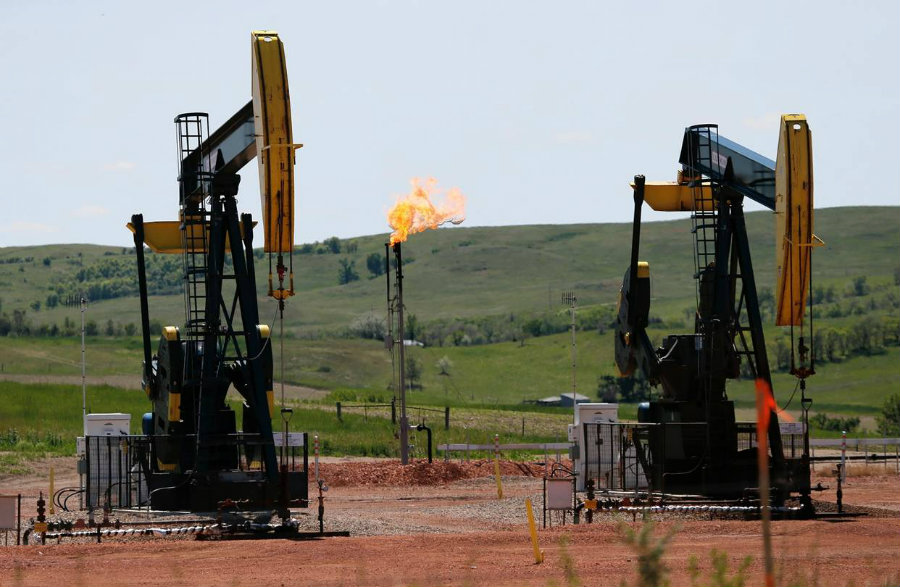A team of researchers believes that world leaders need to change their policies regarding methane emissions. Their study, recently published in the journal Nature, found that these emissions are 60 to 110 percent higher than current estimates. The leaks include not only those coming from the oil and gas sector but also natural methane emissions from underground.
Although methane emissions from the fossil fuel industry have stayed the same over the past three decades, the authors of the study say that scientists have underestimated some methane emissions. The consistency in these emissions might have been a result of natural gas producers’ efforts to limit waste and improve practices, as explained by University of Colorado Boulder’s scientist Stefan Schwietzke and reported by the Christian Science Monitor.

The study authors claim they have collected the most comprehensive data about methane emissions. Schwietzke, who was part of the research team, noted that whereas fossil fuel methane emissions are higher than scientists thought, microbial sources such as natural wetlands, landfills, ruminants, and rice agriculture are smaller than currently estimated. He suggested emission scenarios required to be adjusted for multiple methane sources, according to the Monitor.
Schwietzke said studying methane implicated that conclusions could change as a result of new data coming to the surface. This scientific process can help policymakers and scientists better address the issue.
Scientists consider methane as the second biggest source of greenhouse gasses produced by human activities, only after carbon dioxide. Methane’s effect on climate change is 25 times greater than CO2 but remains in the atmosphere for significantly less time, as supported by data from the Environmental Protection Agency.
The Paris Agreement goals will be harder to meet
Once the ratification threshold of 55 percent of countries has been passed, the Paris Agreement will go into force on November 4. Jeffery Greenblatt, a staff scientist at Lawrence Berkeley National Laboratory, said the latest study on methane emissions makes the US goals harder to achieve.
“If we are able to understand the sources of methane leakage and address them, then it’s certainly possible that we could make changes quickly,” Greenblat told the Monitor in a phone interview.
A separate research team wrote in a new paper published in BioScience that scientists and world leaders should readjust global assessments so improved policies can be improved. These researchers found that reservoirs may account for 1.3 percent of methane emissions worldwide, which means that the environmental viability of hydropower might be compromised since many countries have been using it as an important renewable energy source.
Another recent study reveals that, by the year 2025, the United States could miss its emission targets by up to 924 million tons. Dr. Greenblatt and Max Wei from Berkeley Lab presented several policy options to help meet these goals. They believe the U.S. can increase its use of biofuels and hydrogen, as well as the number of electric vehicles on the road.
Source: Christian Science Monitor
